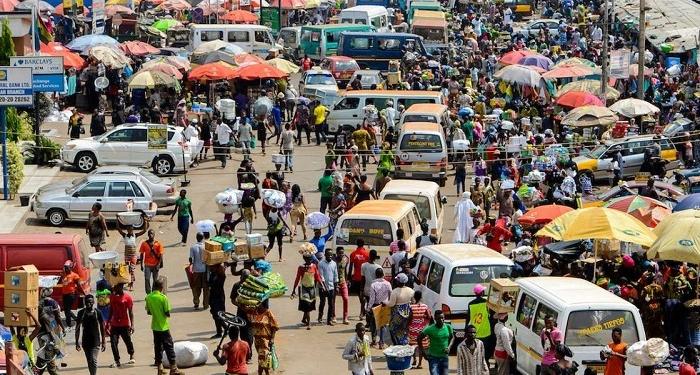Ghana’s External Stability to Strengthen in 2025 Despite Declining US Aid
Ghana is poised for improved external stability in 2025, even as US foreign aid declines, according to Fitch Solutions. The research firm attributes this resilience to rising secondary reserves, bolstered by a sustained current account surplus and reduced capital outflows.
“The country’s reserve position deteriorated markedly between 2021 and 2023, driven by sharp capital and financial account outflows amid global risk aversion following Russia’s invasion of Ukraine, tighter monetary conditions in developed markets, and mounting investor concerns over Ghana’s debt trajectory.
However, reserves have staged a recovery in 2024, reaching $6.4 billion in December—the highest level in three years—underpinned by IMF disbursements and improved external balances,” Fitch Solutions noted in its latest report on Ghana.
The firm expects reserves to maintain an upward trajectory, buoyed by improved investor sentiment following the completion of Ghana’s debt restructuring process.
“Alongside a sustained current account surplus, we project international reserves to rise to $8.8 billion—equivalent to 3.5 months of import cover—by the end of 2025,” it said.
Persistent External Risks
Despite this improvement, Fitch Solutions cautioned that Ghana’s external position remains susceptible to external shocks.
“The country’s trade balance is highly exposed to fluctuations in commodity prices, particularly gold. While we anticipate gold prices will remain elevated in 2025, a stronger-than-expected US dollar or de-escalation in geopolitical conflicts in the Middle East and Ukraine could drive prices lower, weakening Ghana’s export earnings.”
Additionally, while sweeping US tariffs under former President Donald Trump would have limited direct impact on Ghana’s exports, Fitch warned that such measures could dampen investor confidence in emerging markets, leading to capital outflows and renewed pressure on Ghana’s foreign exchange reserves.
The trajectory of Ghana’s external stability will depend on its ability to navigate global economic uncertainties while sustaining reserve accumulation and financial inflows.








